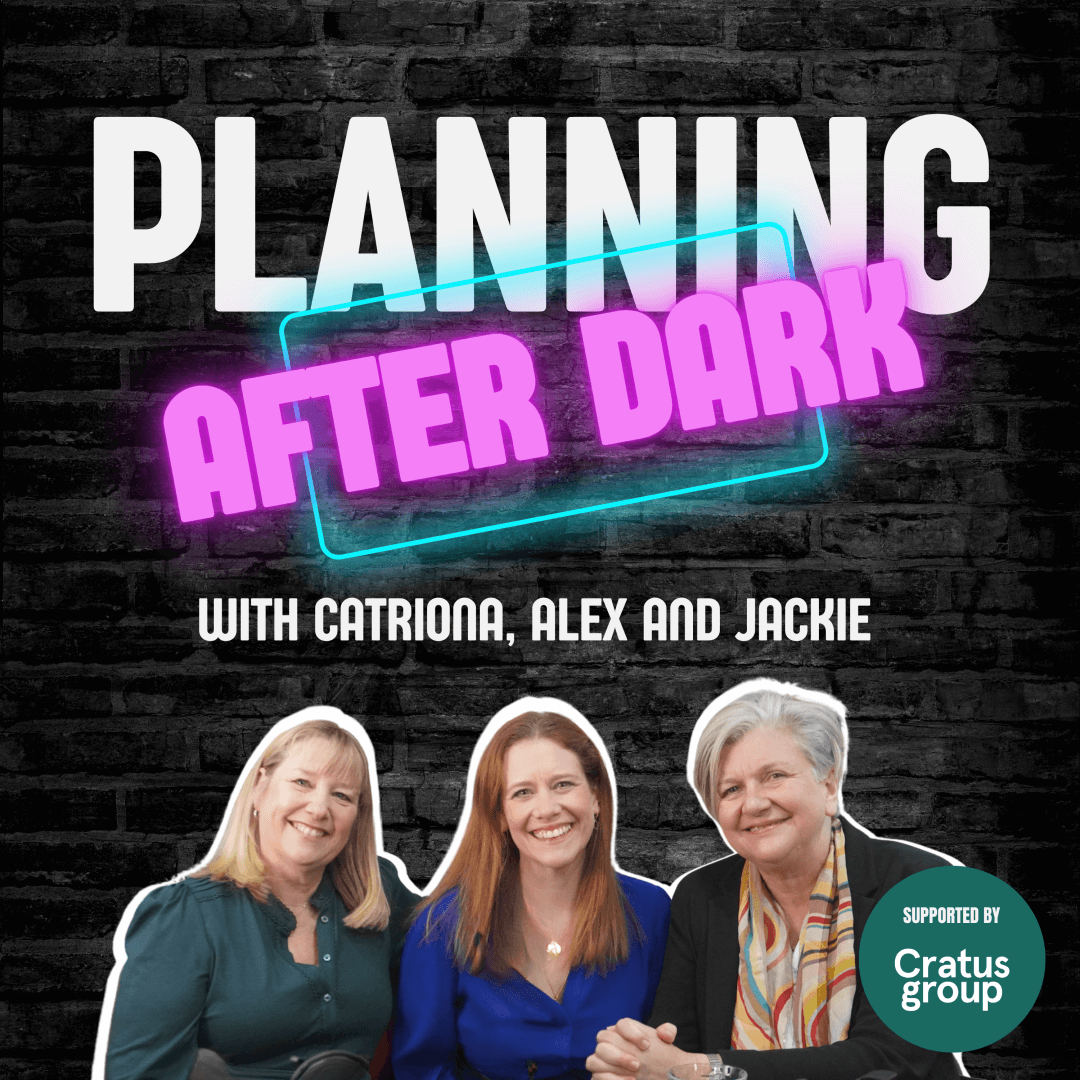General Election 2019
What does it all mean?
Beyond even the expectation of the polls, Boris Johnson and the Conservatives have been returned with the biggest Tory majority since Margaret Thatcher.
A lot of analysis will be given over to what this new majority Government means for delivering Brexit and national services such as the NHS – but the impact on the planning system and local government often gets overlooked. With a Queen’s Speech to set out the legislative programme taking place in less than a week, on Thursday 19th December, here is a breakdown of what the outcome of the General Election means for those sectors.
Planning and Housing
Home-ownership was a particularly contentious topic during the campaign, and the Conservatives had a few eye-catching policies, including an expansion of the Housing Association Right to Buy pilot, and enabling councils to discount homes by a third using developers’ contributions.
The party maintained its pledge to target 300,000 new homes a year by the mid 2020s – but with a promise to also continue with protection of the Green Belt, it remains to be seen how deliverable this actually is. As ever, there is a notice that the planning system will be made simpler. It remains to be seen how the party will “protect and enhance the Green Belt” including the commitment to “ improving poor quality land, increasing biodiversity and make our beautiful countryside more accessible”.
On infrastructure, there has been a promise to invest £100 billion on roads, rail and “other responsible, productive investments”, along with a £10 billion Single Housing Infrastructure Fund. The Government is also intending to change planning rules to require infrastructure delivery before housing is built. This could have a significant impact on planned and future major developments.
Local Government
There is little sign that the financial pressures that councils have experienced are likely to go away. Not only did the Conservative manifesto pledge to continue the Council Tax cap (and referenda), but it also contained a promise to review and reduce some business rates. More positive, however, is the news that the additional funding for adult social care of £1 billion up to April 2020 will continue for every year of the new Parliament. Investments of £28.8 billion have been promised for strategic and local roads, along with the “biggest-ever” pothole repair programme.
Are we likely to see any changes to the structure of local government? The manifesto pledges to hand additional powers to metro mayors and to publish a Devolution White Paper, but no further detail has been put forward. However, the Government has indicated a willingness to support the creation of larger unitary authorities, a trend which may continue over the next five years as councils’ finances are further squeezed.
The impact is not just confined to the policy sphere, though. In 2020, 118 councils in England will be holding local elections, nine of which will be all-out. There will also be eight mayoral elections, including for the London mayoralty, as well elections to the London Assembly. The General Election result could well be the indicator that fortune will smile on the Conservatives in May’s local elections.
Labour did not perform as strongly in the capital as might be expected, but Sadiq Khan is still on course to be returned to City Hall. The Mayor has been criticised over the lack of affordable houses built in London during his first term. London Boroughs may well see an increase in the pressure from City Hall to deliver more affordable homes. It is also worth watching to see if Mr Khan will continue his lobbying for private rent control powers – something he is unlikely to be granted by a Conservative Government.







